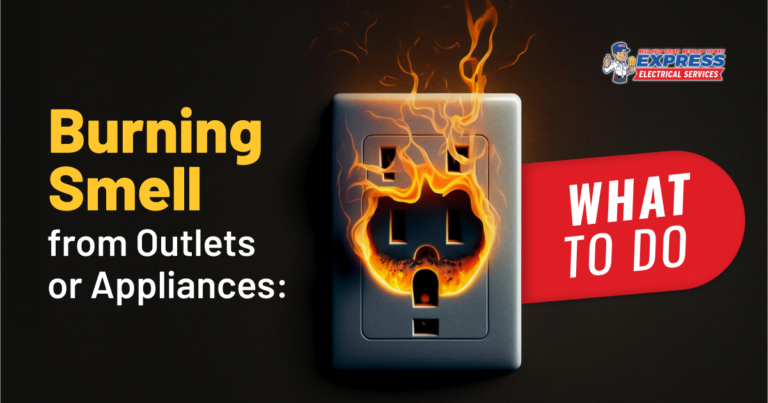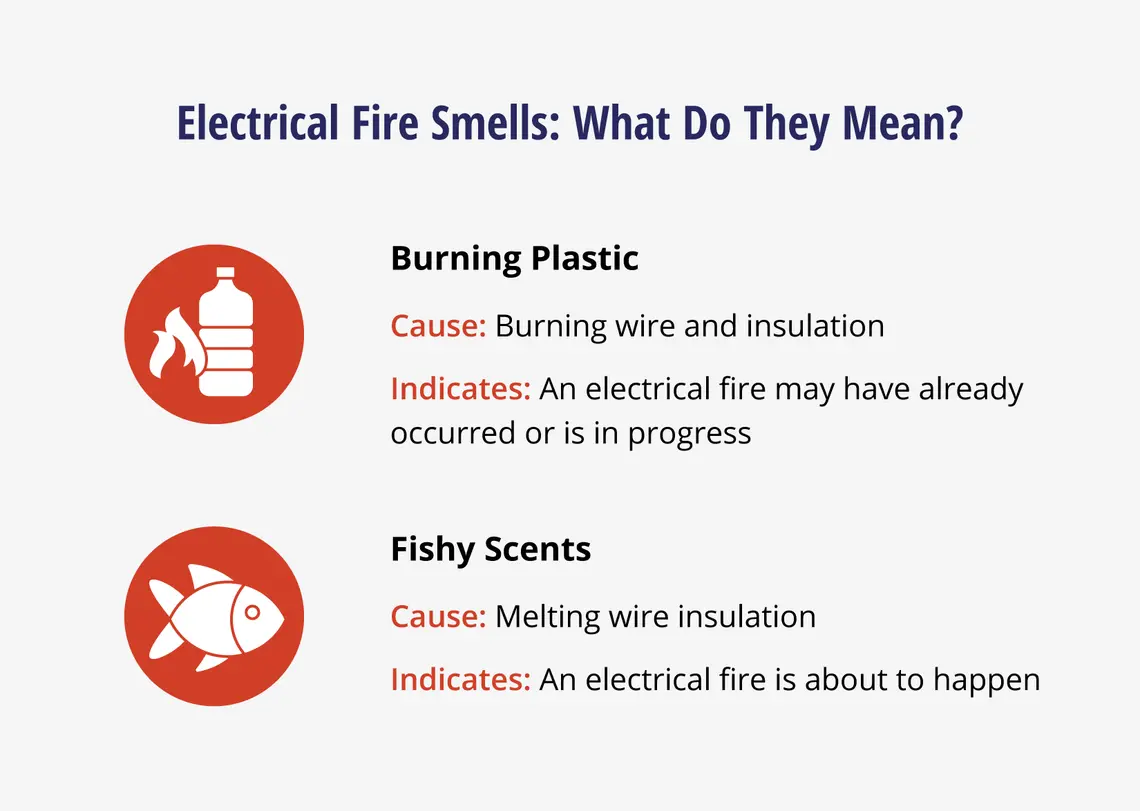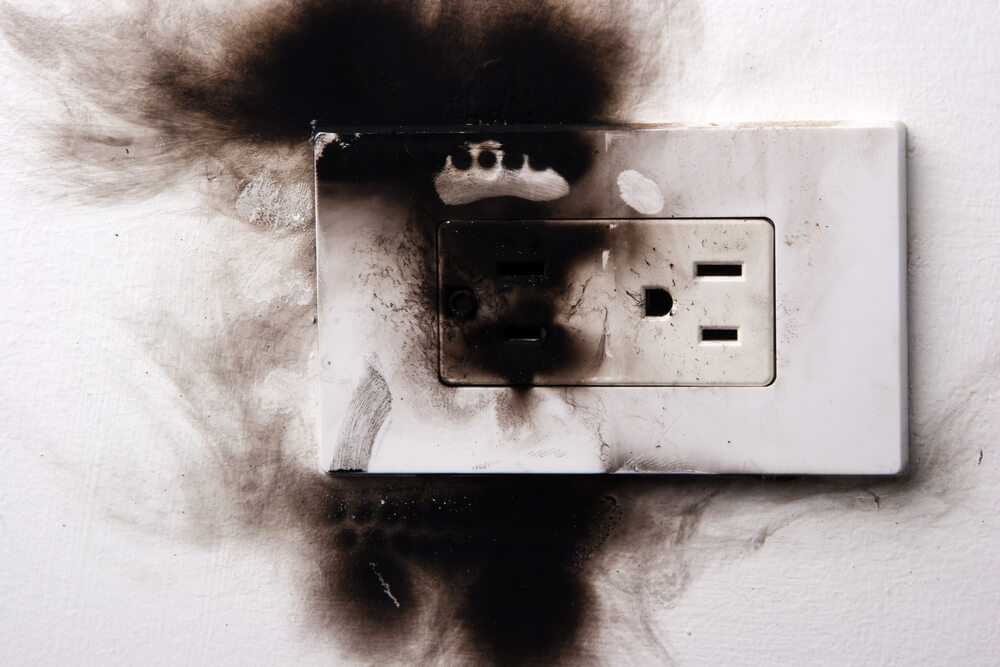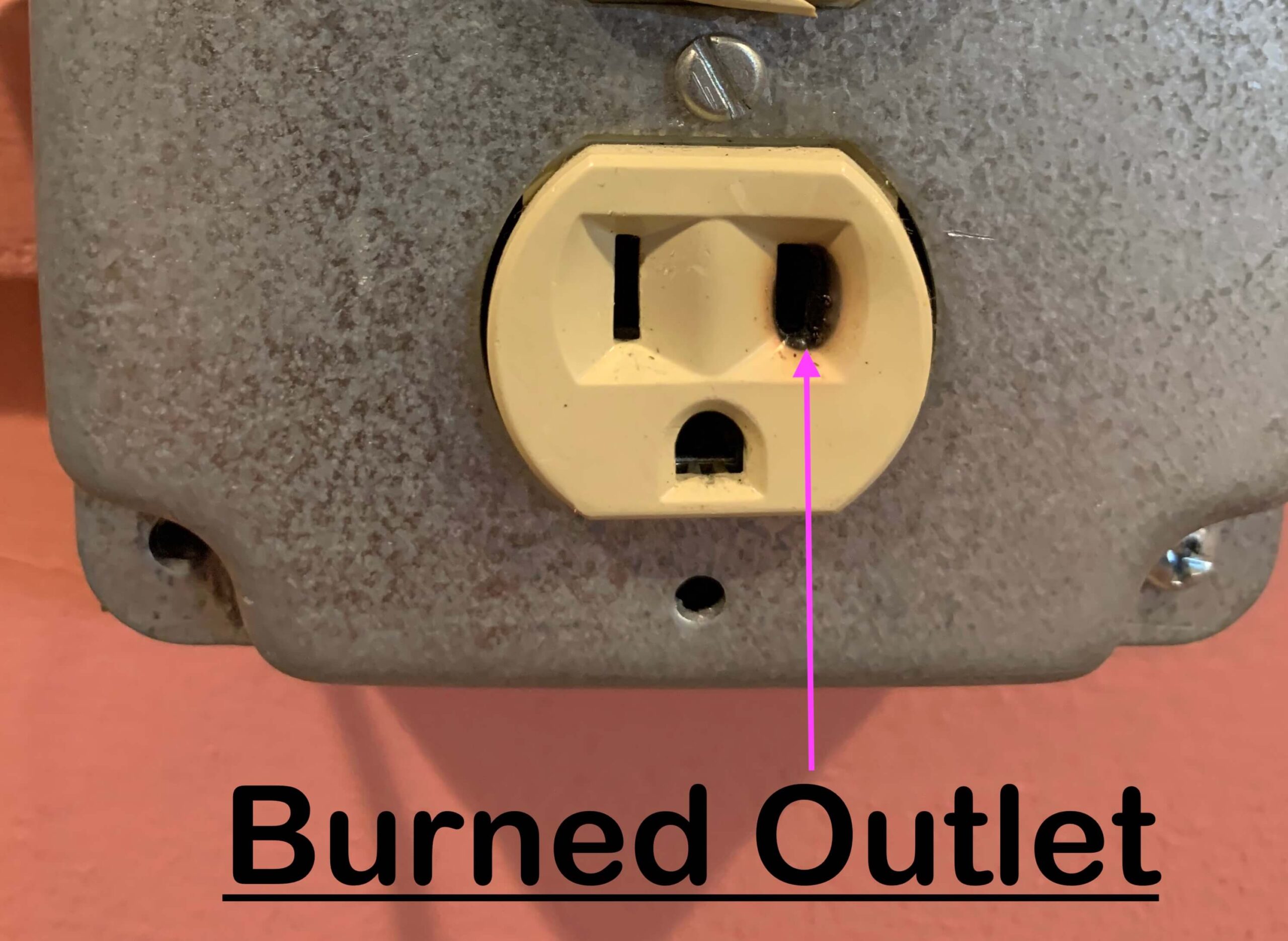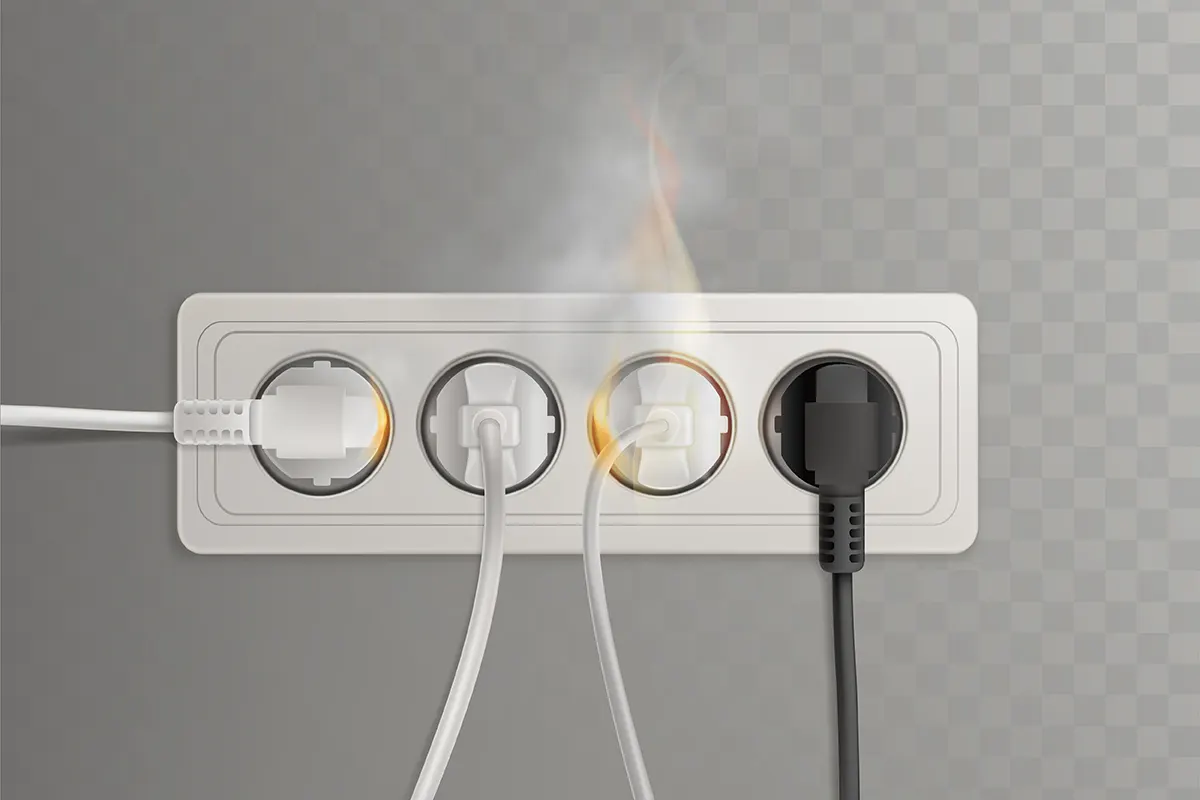What To Do If Outlet Smells Like Burning
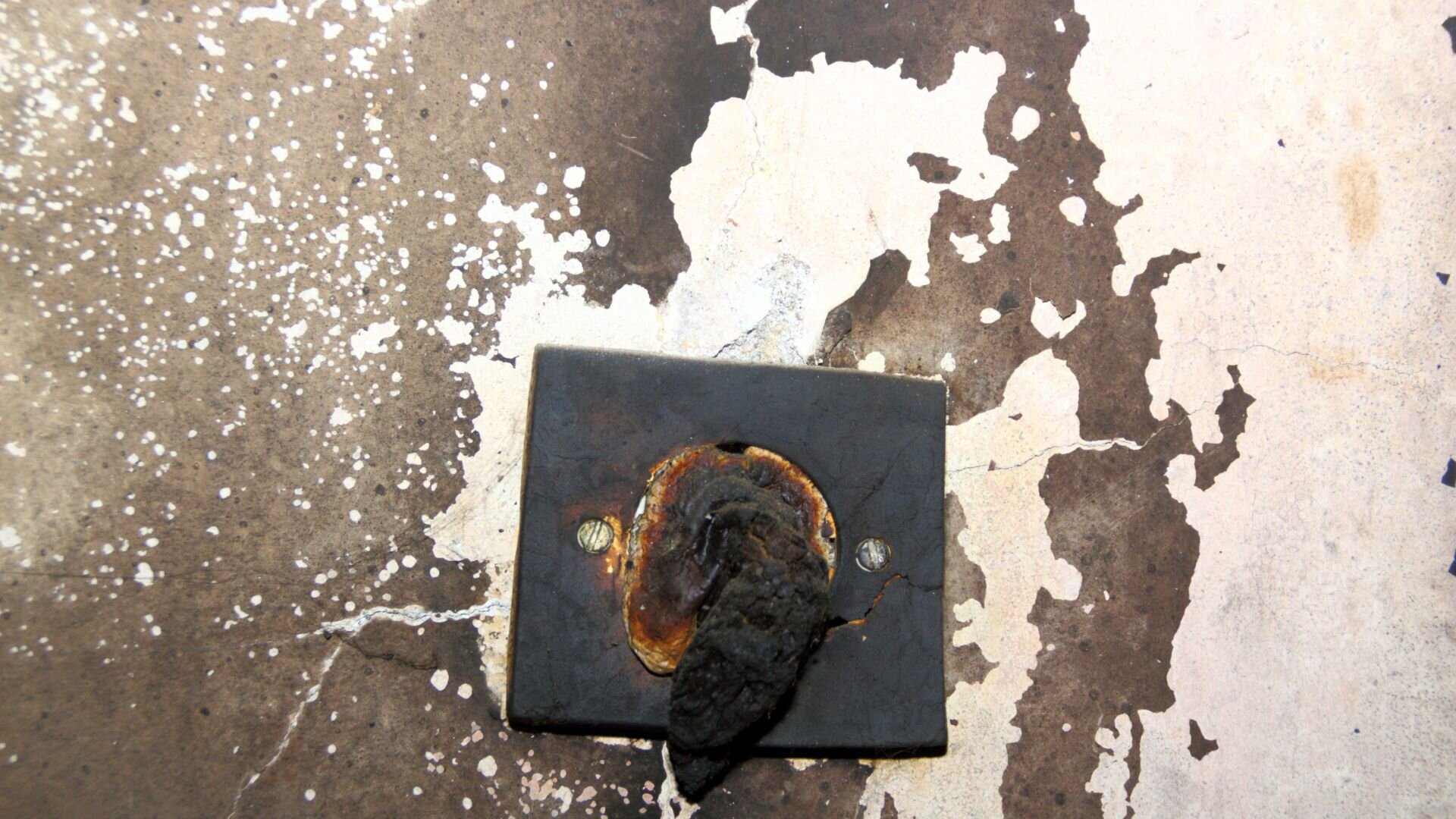
A burning smell emanating from an electrical outlet is a serious issue that demands immediate attention. Whether you're a homeowner, a real estate investor, or an HVAC contractor, understanding the potential causes and knowing the appropriate response is crucial for ensuring safety and preventing property damage. This guide will walk you through the steps to take if you encounter this problem, potential causes, and preventive measures you can implement.
Immediate Actions: Safety First
The first and most critical step when you detect a burning smell from an outlet is to prioritize safety. Don't hesitate; act swiftly.
Step 1: Disconnect Power
Immediately turn off the circuit breaker that controls the affected outlet. This will cut off the electrical supply and minimize the risk of further damage or fire. If you're unsure which breaker controls the outlet, it's safer to turn off the main breaker to disconnect power to the entire building.
Step 2: Do Not Use the Outlet
Once the power is off, do not attempt to use the outlet or any appliances connected to it. Continued use could exacerbate the problem and create a hazardous situation. Also, avoid touching the outlet itself, as it may be hot or damaged.
Step 3: Investigate (Cautiously)
Carefully inspect the outlet and the surrounding area for any visible signs of damage, such as:
- Smoke or charring: Obvious indicators of burning.
- Melted plastic: Indicates overheating and potential fire hazard.
- Discoloration: Unusual darkening around the outlet.
- Loose wiring: Wires that appear frayed, disconnected, or improperly installed.
Do not attempt to dismantle the outlet yourself unless you are a qualified electrician.
Step 4: Contact a Qualified Electrician
Regardless of whether you find visible damage, it's essential to contact a licensed and experienced electrician immediately. They have the expertise and tools to diagnose the problem accurately and safely perform the necessary repairs. Do not attempt DIY repairs, as electrical work can be dangerous and requires specialized knowledge.
Potential Causes of a Burning Smell
Several factors can contribute to a burning smell originating from an electrical outlet. Understanding these potential causes can help you prevent future occurrences.
Overloaded Circuit
One of the most common causes is an overloaded circuit. This happens when too many appliances are drawing power from a single circuit, exceeding its capacity. The wires can overheat, leading to a burning smell and potentially a fire.
Prevention: Distribute appliances across different circuits, avoid using multiple high-wattage devices on the same circuit, and consider upgrading your electrical panel if you frequently experience overloaded circuits.
Loose Wiring
Loose connections within the outlet or the wiring behind it can create resistance, causing the wires to heat up and emit a burning smell. This is a common issue in older homes where wiring may have deteriorated over time.
Prevention: Schedule regular electrical inspections to identify and address any loose wiring issues. Consider replacing outdated wiring with newer, more reliable materials.
Faulty Outlet or Wiring
A defective outlet or damaged wiring can also cause a burning smell. This could be due to manufacturing defects, wear and tear, or improper installation.
Prevention: Use high-quality outlets and wiring that meet safety standards. Ensure that all electrical work is performed by qualified electricians who follow proper installation procedures.
Arcing
Electrical arcing occurs when electricity jumps between two conductors, such as loose wires or corroded contacts. This creates intense heat and can ignite nearby materials.
Prevention: Regularly inspect outlets and wiring for signs of corrosion or damage. Use arc-fault circuit interrupters (AFCIs) to detect and shut off circuits where arcing is detected.
Dust and Debris
Accumulated dust and debris inside an outlet can sometimes catch fire due to the heat generated by electrical current. While less common, this is still a possibility.
Prevention: Periodically clean outlets with a vacuum cleaner and a soft brush to remove dust and debris. Be sure to turn off the power before cleaning.
Choosing the Right Electrician
Selecting a qualified electrician is crucial for ensuring that the problem is diagnosed accurately and the repairs are performed safely and effectively. Here are some factors to consider when choosing an electrician:
- Licensing and Insurance: Verify that the electrician is licensed and insured to operate in your area. This provides protection in case of accidents or substandard work.
- Experience: Choose an electrician with extensive experience in diagnosing and repairing electrical problems similar to yours.
- Reputation: Check online reviews and ask for references from previous clients to assess the electrician's reputation and reliability.
- Pricing: Obtain quotes from multiple electricians and compare their prices. Be wary of extremely low prices, as this could indicate substandard work or hidden fees.
Preventive Maintenance for Electrical Safety
Regular electrical maintenance can help prevent burning smells and other electrical hazards. Consider implementing the following preventive measures:
- Annual Electrical Inspections: Schedule annual inspections by a qualified electrician to identify and address any potential problems before they become serious.
- Surge Protection: Install surge protectors to protect your appliances and electronics from voltage spikes, which can damage wiring and outlets.
- GFCI Outlets: Use ground fault circuit interrupter (GFCI) outlets in areas where water is present, such as bathrooms and kitchens. These outlets can quickly shut off power in the event of a ground fault, preventing electric shock.
- AFCI Circuit Breakers: Install arc-fault circuit interrupter (AFCI) circuit breakers in your electrical panel. These breakers can detect and shut off circuits where arcing is detected, reducing the risk of fire.
- Proper Wiring and Outlets: When upgrading or replacing electrical components, use high-quality materials that meet safety standards.
HVAC Systems and Electrical Outlets
While the burning smell may seem unrelated to your HVAC system, it's essential to ensure your HVAC system isn't contributing to the problem, especially if the outlet in question is powering part of the system. For instance, window AC units can overload circuits if not properly sized and installed. Ensure that any HVAC equipment connected to the outlet is functioning correctly and not drawing excessive power.
If you're upgrading your HVAC system, consider models with energy-efficient features, such as variable-speed motors and smart thermostats, which can reduce energy consumption and minimize the risk of overloading circuits. Some popular and reliable brands offering energy-efficient HVAC systems include Carrier, Trane, and Lennox. These brands typically offer systems with high SEER (Seasonal Energy Efficiency Ratio) and HSPF (Heating Seasonal Performance Factor) ratings, indicating greater energy efficiency.
When selecting a new HVAC system, be sure to consult with a qualified HVAC technician to determine the appropriate size and capacity for your home. An undersized system will struggle to maintain comfortable temperatures, while an oversized system can cycle on and off frequently, wasting energy and potentially stressing the electrical system.
Home Automation and Electrical Load
The increasing popularity of home automation systems can also impact electrical load. Smart thermostats, lighting systems, and other connected devices all draw power, and it's essential to consider their combined electrical demands. When installing home automation systems, consult with an electrician to ensure that your electrical panel can handle the additional load and that all wiring is properly installed.
Conclusion
A burning smell from an electrical outlet is a warning sign that should never be ignored. By taking immediate action, identifying potential causes, and implementing preventive measures, you can protect your home and family from electrical hazards. Remember to always prioritize safety and consult with qualified professionals for any electrical work. Regular inspections and maintenance are key to preventing electrical problems and ensuring the safe operation of your electrical system.

